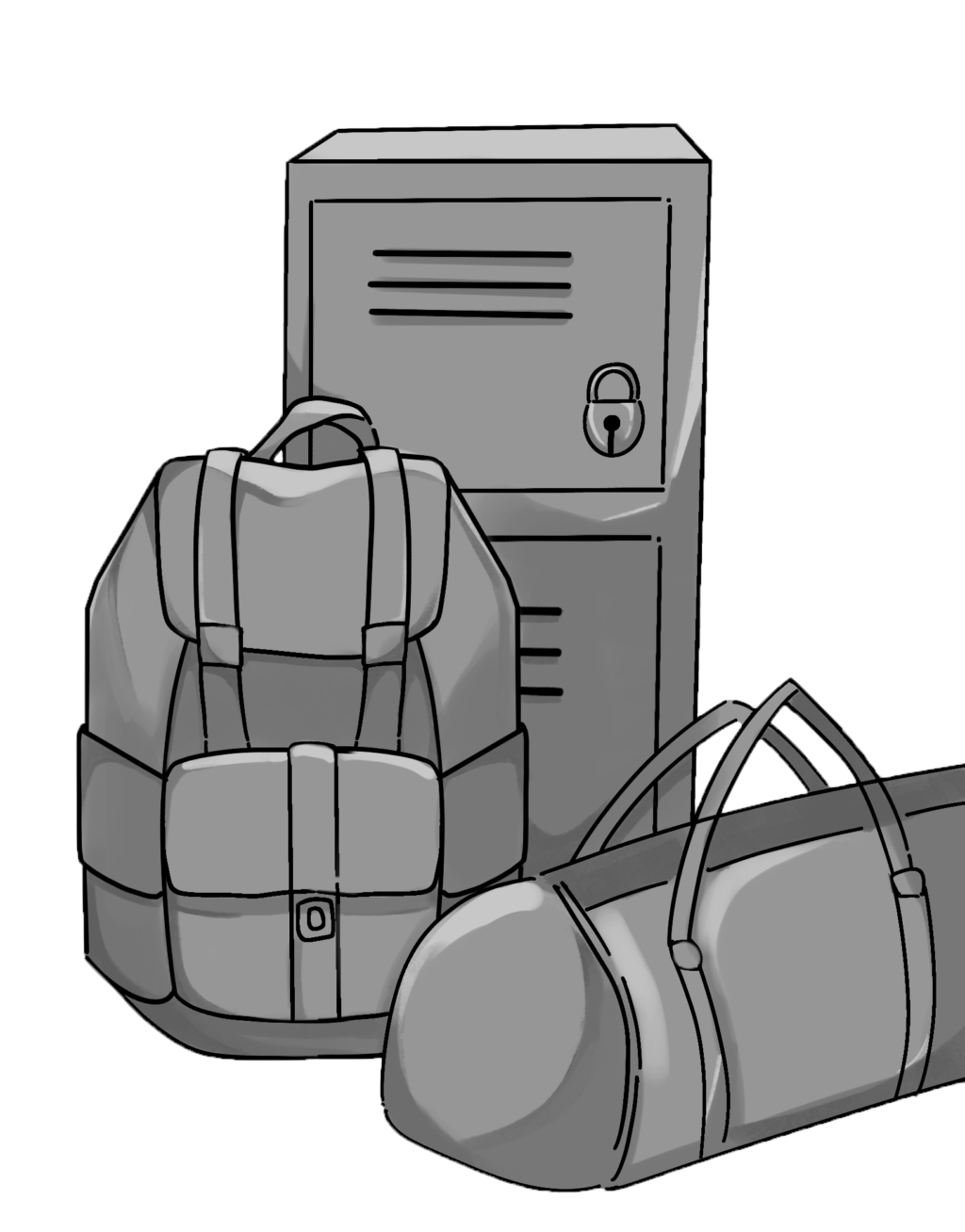
As a student-athlete myself, I believe that school sports require too big of a commitment from student-athletes.
Most Aragon sports have practices every day, which can put athletes at a higher risk for injury and leave them with little time to do their homework or develop their social lives. Daily practices are not required by the school, making practice schedules completely up to the coaches. Therefore, coaches should be more understanding of their players’ lives by reducing their practice times or frequencies.
“Although I love the sports that I play, it doesn’t mean that I want them to consume most of my energy”
According to the San Mateo Union High School District Athletic Manual, Aragon athletes must keep a GPA of 2.0 or higher to continue playing their sport. Although athletes know what they are signing themselves up for, intense schedules do not make it easy for them to succeed, leaving many stressed about grades and homework that they are left with little time to complete. With practices often ending anywhere from 7 p.m. to 9 p.m., athletes get home exhausted, and then have to work late into the night. Consequently, work may not be thoughtfully completed and students may be tired the next day.
Although Aragon believes that the “student” in student-athlete comes first, athletes still feel pressured to follow their coaches’ strict practice schedules. I asked many athletes that I know if they would consider skipping a practice to complete school work, and almost all of them said no. There seems to be a sort of unspoken rule that players cannot miss practice for other commitments such as homework. Players are put in an awkward situation that prevents them from taking the time they need to fulfill other important responsibilities.
For sports such as soccer, softball, baseball and basketball, daily practices and an average of two games every week can also raise the risk of injury and fatigue. The small amount of time in between games and practices leave athletes little to no time to recover. It’s essential to give your body time off from training in order to replenish energy and allow your muscles to recover.
Constant practices can also negatively affect athletes’ mental health. Some players may feel guilty for being tired and not feeling motivated to commit to their team because they want time for themselves outside of the sport.
“There seems to be [an] unspoken rule that players cannot miss practice for other … commitments”
This semester, I had to balance between school cheer practices and club soccer after school. Now, as a member of the JV soccer team, daily practices are tiring. I sometimes wish that I could have just one weekday off to rest. Although I love the sports that I play, it doesn’t mean that I want them to consume most of my energy. Half of my brain tells me that I need a break, while the other half tells me to push through the exhaustion and keep working. This is the situation for many of the athletes that I know.
With long daily practices and school work, student-athletes also have little time for their social lives. Being social is important for the physiological development of teens and is a way to relieve stress and anxiety. Since my season has started, I have noticed that I have not had a chance to hang out with friends due to daily practices. Student-athletes should be able to play their sport without having to sacrifice most of their time. Balance between sports and social life is possible when there is more understanding of the players’ wants and needs.
With their sport being so time-consuming, student-athletes are at high risk of burnout. Although coaches also sacrifice a lot for their teams, if athletes were given some time off, both parties would be able to fulfill other important responsibilities.



